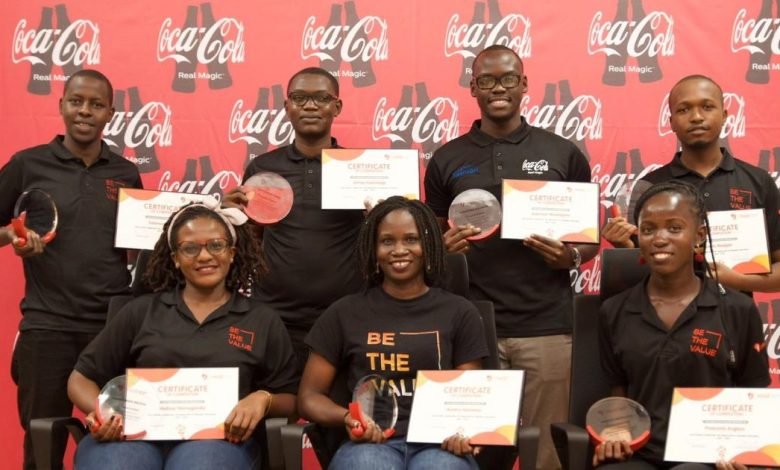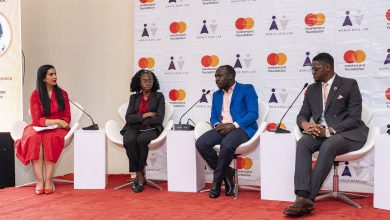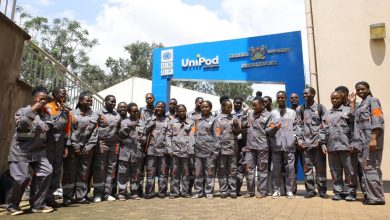
10,000 youth to be equipped with work-readiness skills
Government and other stakeholders are being called to put more emphasis on addressing the hurdles faced by youths in entrepreneurship and in the job market.
The call was made recently during the passing out of youths who had acquired skills under Boundless Minds, Coca-Cola Beverages Uganda (CCBU) skilling programme.
The initiative is intended to upskill 10,000 youth in 10 higher education institutions across the country with work-readiness skills to support their school-to-work transition through digital coaching and in-person career clinics.
Kirunda Magoola, the communications director at CCBU noted that unemployment has continued to stall Uganda’s progress toward attaining middle-income status by 2040.
“We want to create inclusive growth opportunities by defining a consistent way of implementing economic inclusion programmes and leveraging leading practice for implementing our programmes,” Kirunda said
Kirunda said the program is hoped to bridge the mentorship gap created by the closure of schools during the Covid-19 lockdown, but continues to expand and equip youth beyond the pandemic.
The programme enrolls trainees from universities and gives them the opportunity to train and learn from the business, before eventually absorbing them as employees. This year, the company offered permanent employment to all nine graduate trainees in different departments.
CCBU also offers internship programmes to learners in higher institutions of learning to equip them with ready-to-work and development skills as a way of building the country and shaping the next generation.
“Our aim is to create greater shared opportunity for our business and the communities we serve across the value-chain. Opportunity is more than just money, it’s about a better future for people and their communities everywhere on the African continent,” he said.
In 2021, the National Planning Authority (NPA) reported that 87% of Ugandans who had completed their education are unemployed and 20% of those that find jobs are underemployed due to a skills gap.



